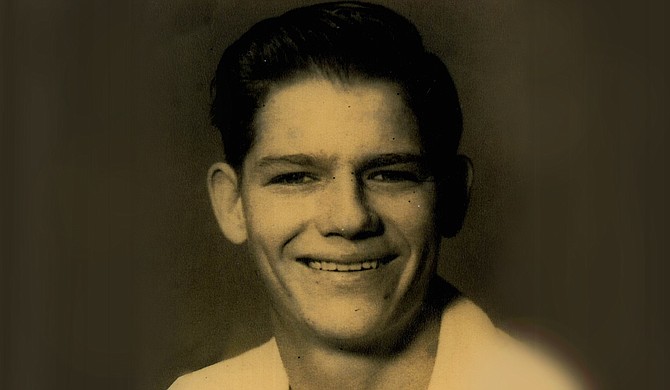BATON ROUGE, La. (AP) — Roy Evans tried to join the Army in the early 1950s so he could hunt for his older brother's body in Korea. The Army wouldn't let him. Now, 65 years after Cpl. Dudley L. Evans went missing in action, his remains are going home to Mississippi.
It was military compassion that kept Roy Evans, now 80 and a Baton Rouge resident, from signing up when he was 17 years old.
"They asked me why I wanted to serve, and I told them I wanted to go over to Korea to look for my brother," he told The Advocate on Thursday. "They said, 'No way.' The military didn't like to have two members of the same family get killed."
Evans said that his brother will be buried April 23 in his hometown of Greenville, with their parents and grandparents, now that the Defense POW/MIA Accounting Agency has identified his remains.
Although the agency and the Armed Forces DNA Identification Laboratory took DNA samples from Roy Evans, his niece and his nephew, Evans said it was a "total surprise" to get word of the identification.
"I just didn't believe, after all these years, it would ever happen," he said.
Dudley Evans was 24 years old, assigned to the 2nd Infantry Division of the U.S. Army's 23rd Infantry Regiment, which was fighting near Chipyong-ni in South Korea when he vanished.
"In late 1953, as part of a prisoner of war exchange, known as 'Operation Big Switch,' returning U.S. soldiers told debriefers that Evans was captured by enemy forces and died in March 1951, during the march to the Suan POW Camp," according to a Defense Department news release. "His remains were not among those turned over to the U.S. by communist forces after the Armistice."
His remains were among hundreds recovered between 1990 and 1999 during various joint operations and exchanges between the U.S. and North Korea.
The Clarion-Ledger of Jackson, Mississippi, reports that 76 people from Mississippi are among 7,800 Americans still unaccounted for from the Korean War.
Copyright Associated Press. All rights reserved. This material may not be published, broadcast, rewritten, or redistributed.



Comments
Use the comment form below to begin a discussion about this content.
comments powered by Disqus